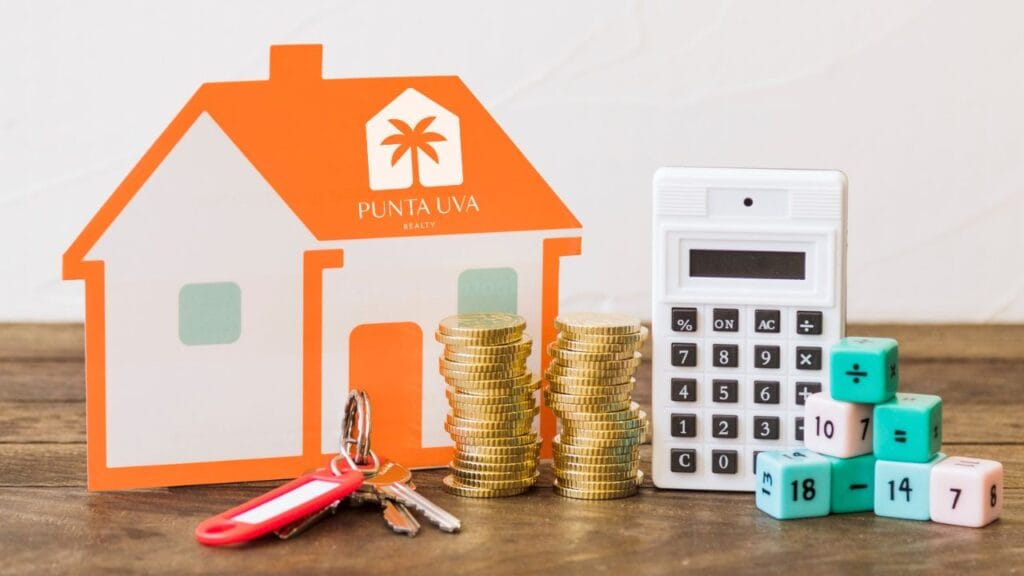Published

Costa Rica Home Loan
When considering buying property in Costa Rica, it’s important to know that Costa Rican banks offer mortgages to foreigners, but there are also alternative financing options, which we will explore in this article.
In Costa Rica, there are local banks that offer mortgage loans to non-resident foreigners.
BAC San José (BAC Credomatic)
BAC San José remains one of the main players in the mortgage lending market for foreigners. The bank offers financing of up to 50–60% of the property’s value (down payment required: 40–50%).
Terms (as of October 2024):
Banco Lafise provides the “Mortgage Trust Loan,” which is available to U.S. and Canadian citizens, including companies or corporations established in Costa Rica. The process is fully digital, with English support and fast pre-approval.
Banco BCT, since mid-2024, has also been offering mortgage loans to foreigners, even if they are not Costa Rica residents. Their conditions include up to 65% loan-to-value, amounts up to $1,500,000, terms up to 20 years, and interest rates of about 7.75% fixed or variable (PR + 2.50%). Full English support is available.
Sometimes, property sellers themselves offer financing directly to buyers. While this is not very common on the Caribbean coast, expat sellers who are familiar with international practices might propose such options. Typically, either the seller offers financing upfront or does not offer it at all — it often depends on their personal situation and motivation to sell.
Terms usually vary: down payments of 30%-50% are typical, with the balance paid off over one to three years, sometimes longer depending on the agreement.
Another option is to obtain financing through a bank or financial institution in your home country. Some companies specialize in offering international property loans and have representatives in Costa Rica, making the process much easier.
Second Street is an international lender offering 30-year, fixed-rate mortgages to Americans buying or refinancing property in Costa Rica. Backed by a large US mortgage lender, they are a reliable lender with interest rates tied to the U.S. mortgage market. Their experienced team makes the process fast and straightforward, with a mortgage structure that closely mirrors what buyers are used to in the U.S.
Vololoans offers mortgage solutions to foreigners looking to buy in Costa Rica. They provide a more streamlined service thanks to their local presence, making fund transfers and documentation faster and more efficient.
Always make sure to consult directly with such companies to learn about updated conditions, requirements, and available programs.
Costa Rican credit unions (“cooperativas”) sometimes offer better financing terms than traditional banks, and they can be slightly more flexible. Some credit unions, such as Coopenae or Coopeservidores, occasionally provide loans to foreigners — usually requiring proof of income, residency, and a significant down payment.
However, approval is still challenging unless the buyer has some form of residency or strong financial ties within Costa Rica.
Although financing options for foreigners are more limited in Costa Rica than in other countries, owning a home in paradise is absolutely possible with a bit of creativity and planning. Whether through negotiating with a seller, securing international financing, or exploring local alternatives, many expats have successfully made their dreams come true here.
If Costa Rica is calling you — trust that there is always a way to make it happen!
Recommended from Punta Uva Realty